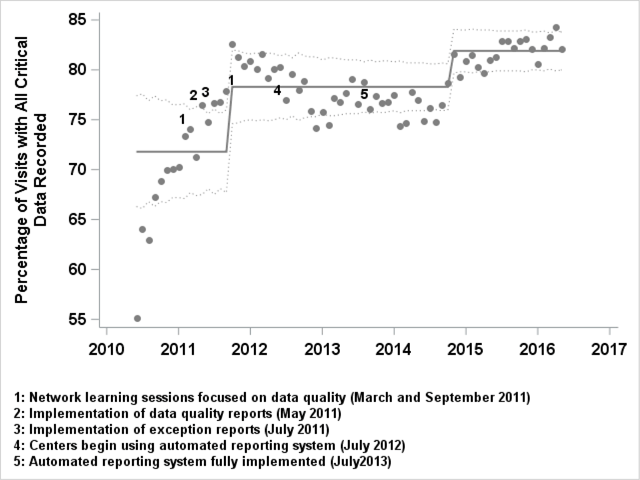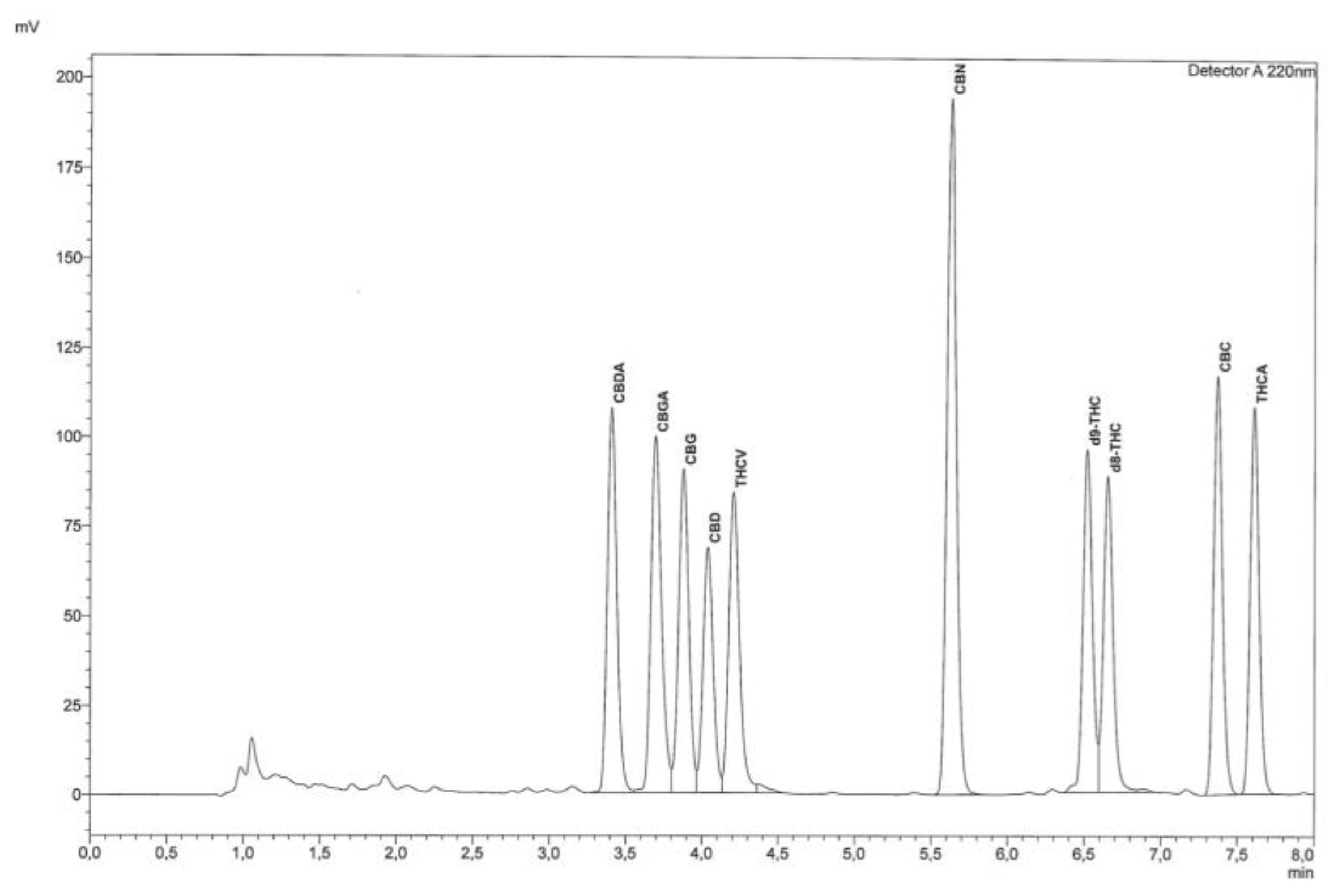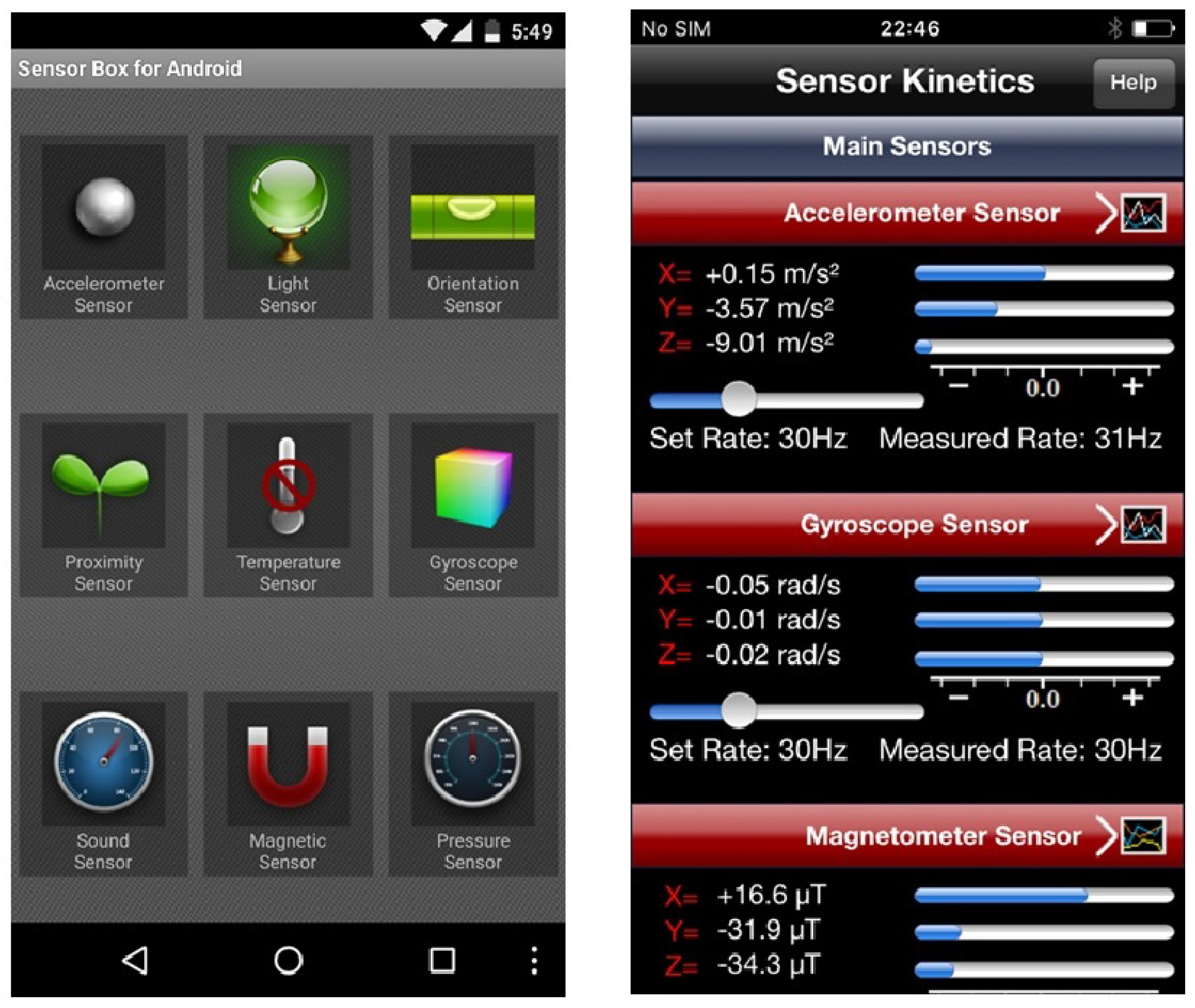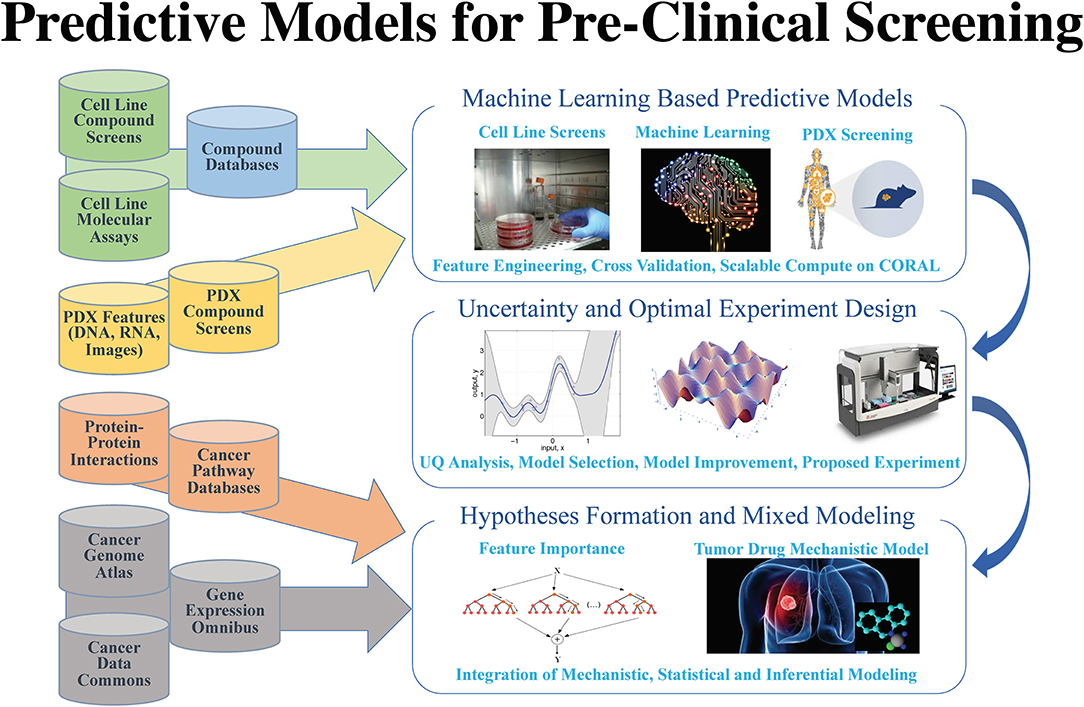Difference between revisions of "Main Page/Featured article of the week/2020"
Shawndouglas (talk | contribs) (Added last week's article of the week) |
Shawndouglas (talk | contribs) (Added last week's article of the week) |
||
| Line 17: | Line 17: | ||
<!-- Below this line begin pasting previous news --> | <!-- Below this line begin pasting previous news --> | ||
<h2 style="font-size:105%; font-weight:bold; text-align:left; color:#000; padding:0.2em 0.4em; width:50%;">Featured article of the week: January 20–26:</h2> | <h2 style="font-size:105%; font-weight:bold; text-align:left; color:#000; padding:0.2em 0.4em; width:50%;">Featured article of the week: January 27–February 02:</h2> | ||
<div style="float: left; margin: 0.5em 0.9em 0.4em 0em;">[[File:Fig4 Pratt JforElecHthDataMeth2019 7-1.png|240px]]</div> | |||
'''"[[Journal:Implementing a novel quality improvement-based approach to data quality monitoring and enhancement in a multipurpose clinical registry|Implementing a novel quality improvement-based approach to data quality monitoring and enhancement in a multipurpose clinical registry]]"''' | |||
There is growing interest in the potential for clinical registries that can simultaneously support clinical care, quality improvement (QI), and [[research]]. This multi-purpose model is consistent with the Institute of Medicine’s (IOM’s) vision of a learning health system which “draws research closer to clinical practice by building knowledge development and application into each stage of the health care delivery process.” Gliklich ''et al.'' define a registry as “an organized system that uses observational study methods to collect uniform data (clinical and other) to evaluate specified outcomes for a population defined by a particular disease, condition, or exposure, and that serves one or more predetermined scientific, clinical, or policy purposes.” Most pediatric chronic illnesses meet the [[National Institutes of Health]]'s (NIH) definition for rare disease, and as such, multi-center registries are especially important to study and improve care for children with chronic diseases. ('''[[Journal:Implementing a novel quality improvement-based approach to data quality monitoring and enhancement in a multipurpose clinical registry|Full article...]]''')<br /> | |||
|- | |||
|<br /><h2 style="font-size:105%; font-weight:bold; text-align:left; color:#000; padding:0.2em 0.4em; width:50%;">Featured article of the week: January 20–26:</h2> | |||
<div style="float: left; margin: 0.5em 0.9em 0.4em 0em;">[[File:Fig1 Mandrioli Molecules2019 24-11.png|240px]]</div> | <div style="float: left; margin: 0.5em 0.9em 0.4em 0em;">[[File:Fig1 Mandrioli Molecules2019 24-11.png|240px]]</div> | ||
'''"[[Journal:Fast detection of 10 cannabinoids by RP-HPLC-UV method in Cannabis sativa L.|Fast detection of 10 cannabinoids by RP-HPLC-UV method in Cannabis sativa L.]]"''' | '''"[[Journal:Fast detection of 10 cannabinoids by RP-HPLC-UV method in Cannabis sativa L.|Fast detection of 10 cannabinoids by RP-HPLC-UV method in Cannabis sativa L.]]"''' | ||
Revision as of 16:18, 3 February 2020
|
|
If you're looking for other "Article of the Week" archives: 2014 - 2015 - 2016 - 2017 - 2018 - 2019 - 2020 |
Featured article of the week archive - 2020
Welcome to the LIMSwiki 2020 archive for the Featured Article of the Week.
Featured article of the week: January 27–February 02:There is growing interest in the potential for clinical registries that can simultaneously support clinical care, quality improvement (QI), and research. This multi-purpose model is consistent with the Institute of Medicine’s (IOM’s) vision of a learning health system which “draws research closer to clinical practice by building knowledge development and application into each stage of the health care delivery process.” Gliklich et al. define a registry as “an organized system that uses observational study methods to collect uniform data (clinical and other) to evaluate specified outcomes for a population defined by a particular disease, condition, or exposure, and that serves one or more predetermined scientific, clinical, or policy purposes.” Most pediatric chronic illnesses meet the National Institutes of Health's (NIH) definition for rare disease, and as such, multi-center registries are especially important to study and improve care for children with chronic diseases. (Full article...)
|













